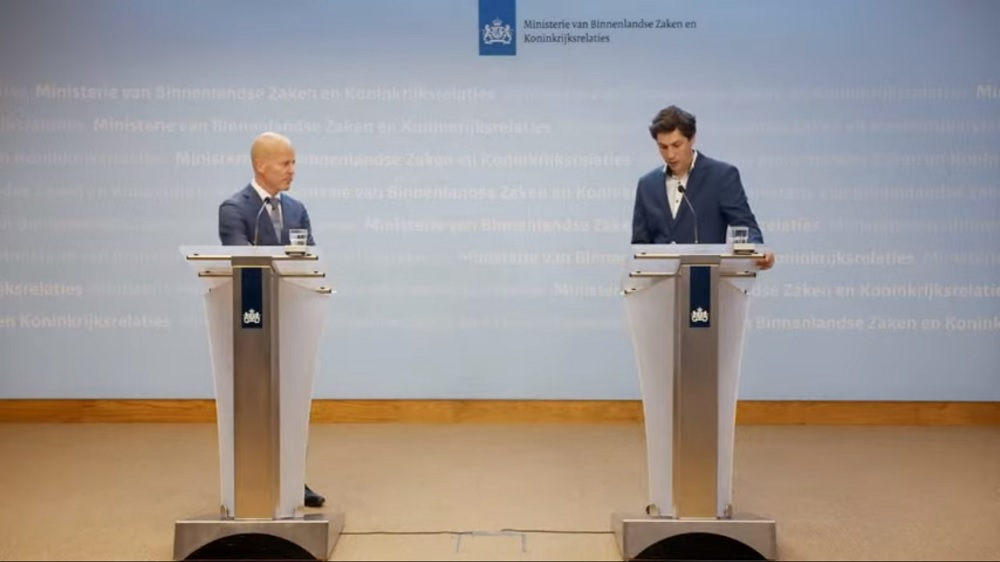Knops: “We need to take measures to safeguard autonomy”

THE HAGUE -- The meeting of the Kingdom Council of Ministers did not result in any decisions about the establishment of the consensus Kingdom law Caribbean Reform Entity (CRE). State Secretary Knops made clear that the establishment of this law requires approval by the governments and the parliaments of St. Maarten, Curacao and Aruba.
LOGIN TO READ MORE... THIS IS A PREMIUM ARTICLE. YOU NEED AT LEAST YEARLY SUBSCRIPTION TO ACCESS THIS ARTICLE.
...
Some articles or portions of articles are restricted exclusively for our registered members and paying subscribers. Please login here to read the rest of this article. If you do not already have a paid subscription, you will need to register here and pay for a subscription first in order to gain access to our website to read articles or contents that are restricted to paid subscribers. You need to buy at least a Day subscription for 75ct to gain access. Or log in first if you are already a registered paying subscriber to this website. Click here to register and support our work with a paid subscription.























